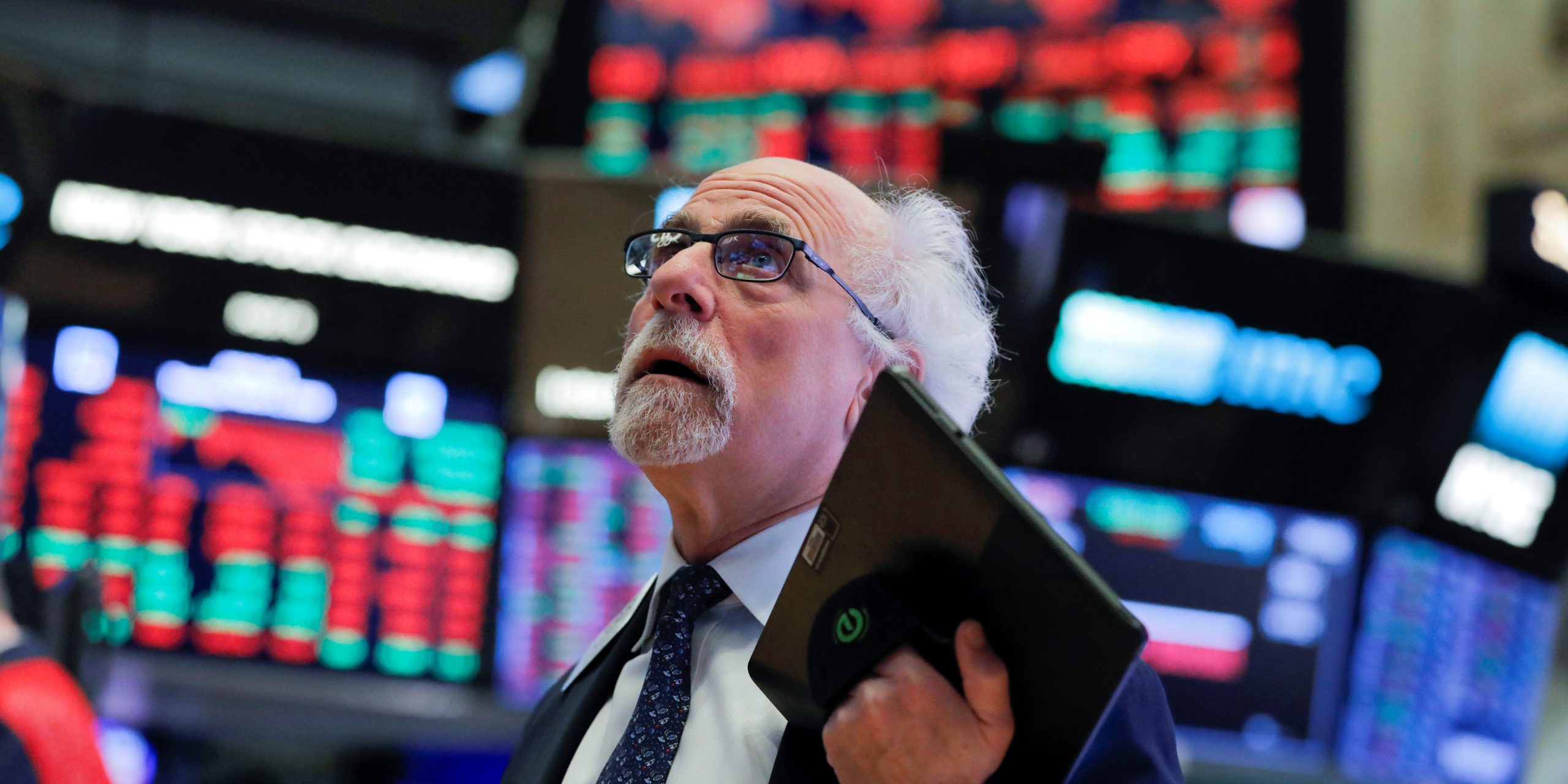
Reuters
- A positive feedback loop is set to drive stocks higher in 2021 as volatility declines and systematic investment strategies increase their allocation to equities, JPMorgan’s Marko Kolanovic said in a note on Wednesday.
- The bank expects the VIX volatility index to average around the 17 level in 2021, well below the VIX’s 2020 average of 28, thanks to a surge in monetary accommodation.
- JPMorgan ultimately expects the S&P 500 to surge as much as 25% to 4,600 next year.
- Visit Business Insider’s homepage for more stories.
A decline in volatility will drive a positive feedback loop that drives the stock market higher in 2021, according to a Wednesday note from JPMorgan’s quant strategist Marko Kolanovic.
The bank, which expects the S&P 500 to rise as much as 25% next year, sees a marked declined in volatility given a high level of monetary accommodation from central banks around the globe in response to the COVID-19 pandemic.
Kolanovic said the VIX index, a popular gauge of market volatility on Wall Street, will likely average around the 17 level in 2021, which is well below the 28 average in 2020.
That substantial decline in volatility will trigger systematic and hedge fund investment strategies to increase their allocation to equities, driving stocks higher. A combined $550 billion in equity inflows could come from systematic funds and hedge funds in 2021 as they buy stocks, according to the note.
Adding corporate buyback activities into the mix, "these inflows would overpower equity supply to drive equity markets higher," Kolanovic said.
To play in 2021's expected market rally, investors should be exposed to value and cyclical stocks, as mass vaccinations against the COVID-19 virus will hasten the economic recovery. Specifically, financial and energy sectors will climb as unemployment declines throughout 2021 and the economy reopens, JPMorgan said.
JPMorgan's bullish forecast for value stocks will in part be fueled by a rotation out of growth stocks, and the expected move higher next year will in part be driven by a "substantial rotation" out of bonds and into stocks, the note said.
